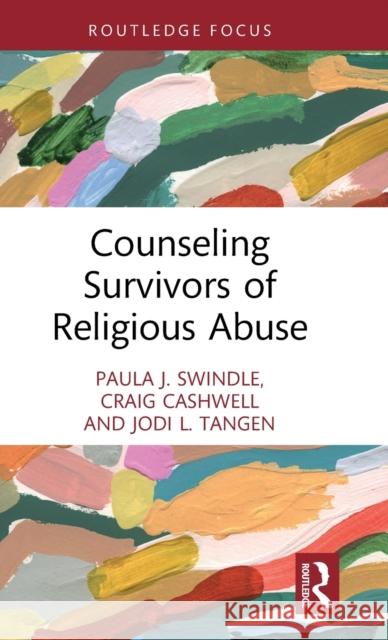Counseling Survivors of Religious Abuse » książka
topmenu
Counseling Survivors of Religious Abuse
ISBN-13: 9780367465445 / Twarda / 2023 / 112 str.
Counseling Survivors of Religious Abuse
ISBN-13: 9780367465445 / Twarda / 2023 / 112 str.
cena 282,28
(netto: 268,84 VAT: 5%)
Najniższa cena z 30 dni: 251,82
(netto: 268,84 VAT: 5%)
Najniższa cena z 30 dni: 251,82
Termin realizacji zamówienia:
ok. 16-18 dni roboczych.
ok. 16-18 dni roboczych.
Darmowa dostawa!
This book identifies and analyses the forms, causes and potential treatments of religious abuse.











